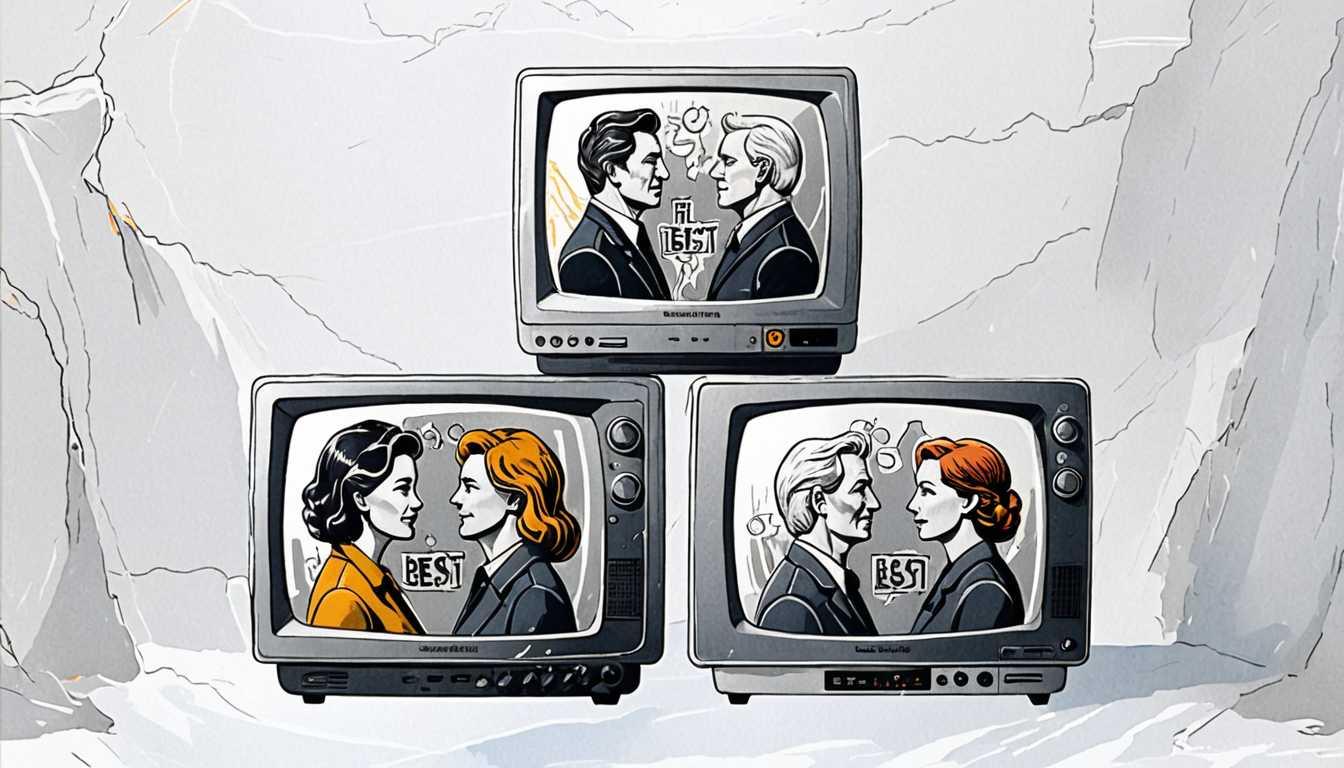Brains, Bias, and Politics Unveiled
May 2021
Brown University
Introduction
Dive into the fascinating world of political polarization with a twist - it's all about how we handle uncertainty! Brown University researchers have uncovered that whether you're Team Trump or Team Clinton, it's not just your political beliefs at play. It turns out, an intolerance to uncertainty makes liberal and conservative brains react more extremely to political content. This groundbreaking study not only sheds light on the “why” behind our polarized views but hints at potential paths to understanding each other better. Ready to challenge your brain?
READ FULL ARTICLEWhy It Matters
Discover how this topic shapes your world and future
Unraveling the Mystery of Minds in Motion
Why does it seem like people with different political views can't agree on anything? Imagine a world where understanding the root of disagreements could lead to more harmonious discussions and less division. A recent study by researchers at Brown University dives deep into this question, revealing that our brains might be hardwired to resist uncertainty, pushing us towards more polarized views. This discovery matters because it sheds light on why conversations across political divides can be so challenging. It suggests that the intolerance of uncertainty is not just a personal quirk but a fundamental aspect of how our brains process information, influencing everything from the news we trust to the leaders we choose. For you, understanding this could be the key to navigating conversations with friends and family who have different views, making it a topic with both global significance and personal relevance.
Speak like a Scholar
Political Polarization
When people's political opinions grow further apart, leading to distinct ideological camps with little common ground.
Intolerance of Uncertainty
A personality trait that describes how uncomfortable a person feels when they're unsure about what will happen in the future.
Neural Synchrony
The phenomenon where people's brain activity aligns or syncs up when they experience something together, showing a shared response.
Ideological Bias
A bias that influences how individuals perceive and interpret information based on their political beliefs or ideology.
Cognitive Questionnaires
Surveys or tests designed to measure certain mental processes or personality traits, like how much uncertainty a person can tolerate.
FMRI Technology
A type of brain scan (functional Magnetic Resonance Imaging) that shows what parts of the brain are active during certain tasks or thoughts.
Independent Research Ideas
The Role of Uncertainty in Other Areas of Life
Investigate how intolerance of uncertainty affects decision-making in non-political contexts, such as career choices or personal relationships. This could reveal broader insights into human behavior and decision-making processes.
Comparative Studies on Political Systems
Explore how political polarization and intolerance of uncertainty manifest in different political systems around the world. This could shed light on whether certain systems exacerbate or mitigate these phenomena.
Neural Synchrony and Group Dynamics
Examine how neural synchrony occurs in various group activities beyond politics, like sports or music, to understand how shared experiences bond individuals.
The Impact of Media on Ideological Bias
Investigate how different types of media (social media vs. traditional news) influence the development or reinforcement of ideological biases and intolerance of uncertainty.
Educational Approaches to Uncertainty Tolerance
Design and evaluate educational programs aimed at increasing tolerance for uncertainty among students. This could explore whether fostering this trait from a young age impacts political polarization later in life.
Related Articles

Stereotypes vs. Karma: A Study
March 2024
University of Pennsylvania

Brains Wired for Bias: A Political Divide
July 2023
Brown University

Mimicry: The Secret Language of Expressions
December 2024
Cornell News Highlights

Obesity: A Political Weight Issue
September 2023
University of Bristol

Nudging Truth Across Party Lines
April 2024
Cornell University